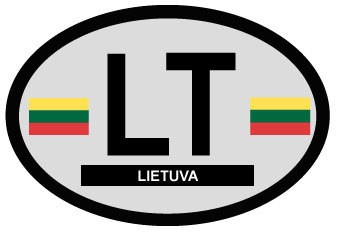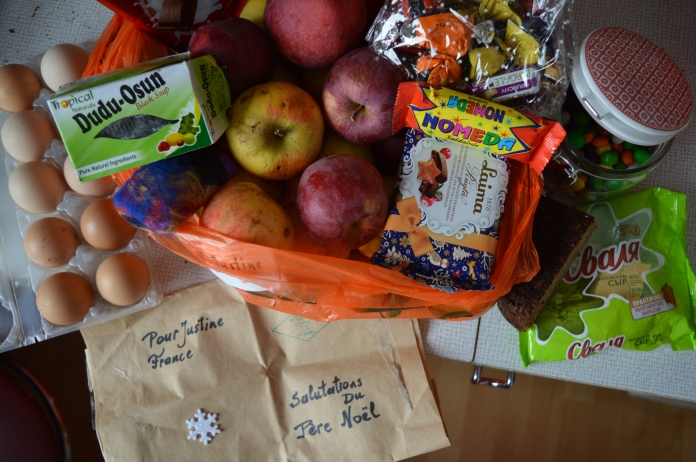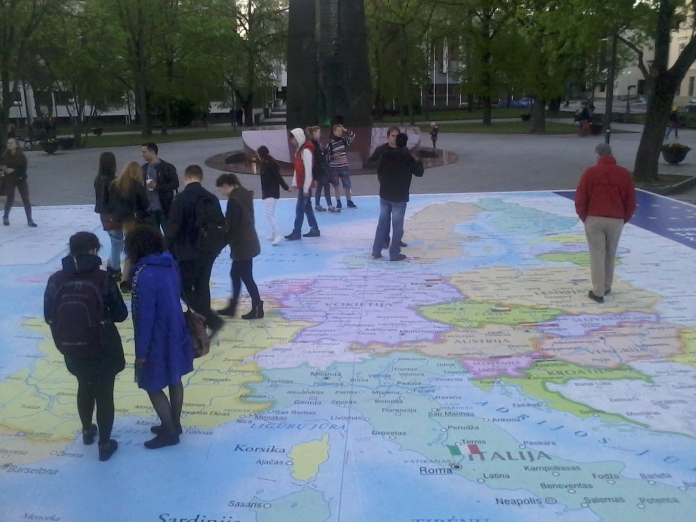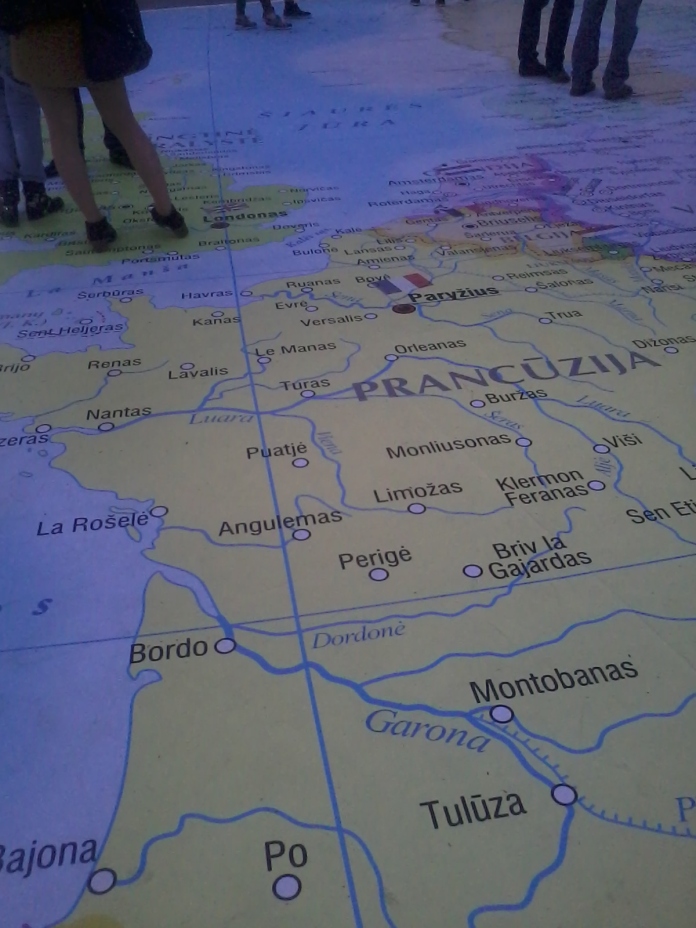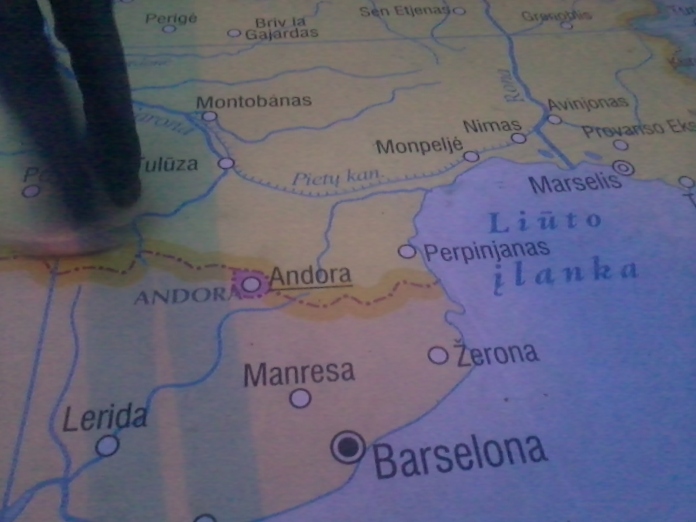Winter has come! Everybody was waiting for it, no snow for Christmas, just rain here and there, well, now the Lithuanian winter is here. -22 ° C this morning in Vilnius and snow since one week.

So here are some tips to survive the cold, from my short experience (physical and mental) in these extreme weather conditions.
1. Hibernation

This is one of the most effective solutions. Close all doors and windows, turn the heat to the maximum and burrow deeply under a thick duvet, putting outside sometimes only one hand, just to grab a cup of tea.
Small problem, this technique, although it is working very well, it also prevents any type of social life and ecological awareness (for heating) …
2. The multilayer technique

I sometimes made fun of my Italian flatmate going outside with a pair of pantyhose under her pants, three pairs of socks, two pairs of gloves, hat, scarf, etc, etc. But actually later, I learned that it is maybe a good idea, when I went in the streets of Vilnius with -18 ° C, with my legs and feet anesthetized and I wondered if it was possible that they stop working suddenly and that I fall down on the floor. Yes, finally, stacking layers is useful for cold.
3.Eating high-fat foods (or the penguin technique)

Eating high-fat foods and a lot of them, because the fat makes insulation. This is a great solution for this Baltic cold. I understand better now why the Lithuanian specialties are made from potatoes and meat. We need fat! Being a bit fat, is like having a piece of clothing more, so imagine, being obese: a fat-coat! The penguins on their ice know what I mean (even if the mystery persists: why their feet are not cold?)
4. Analyze your environment
Fighting with the cold is like jumping into a swimming pool when you can not swim. First, you analyze the safety points that you can grab if needed. It’s the same thing with the cold: when you are surrounded by snow and ice in the streets of Vilnius, your legs and your muscles are paralyzed, your ears change their color and ice stalactites appear on your scarf, it means it’s time to find a survival shelter. When a door opens, no matter which one, you must jump and rush inside.

A supermarket, a bank, a library or a church, the important thing is to pretend to be here for a reason. You can warm up for few minutes and then continue your trip.
5. Learning to slide

When pavements and roads are nothing more than ice, you have to adapt yourself. Getting off the bus, crossing a road or just walking on a pavement becomes an acrobatic show. Ok, maybe only for me, because apparently for Lithuanian people of all ages, there is nothing simpler. I have even seen one of them running on the ice with high heels and shopping bags in the hands!
6. Move, dance, shiver

Whether you’re waiting for a bus or waiting for your friends (always the same ones who are late to get out of the bar …) just do not stand more than ten minutes. Walk, run, jump, dance, even if people think you are crazy, it’s for your health!
7. Vodka is not a good idea!

Drinking alcohol to warm up is not a good idea. Just come back to the tip No. 5 to understand it …
